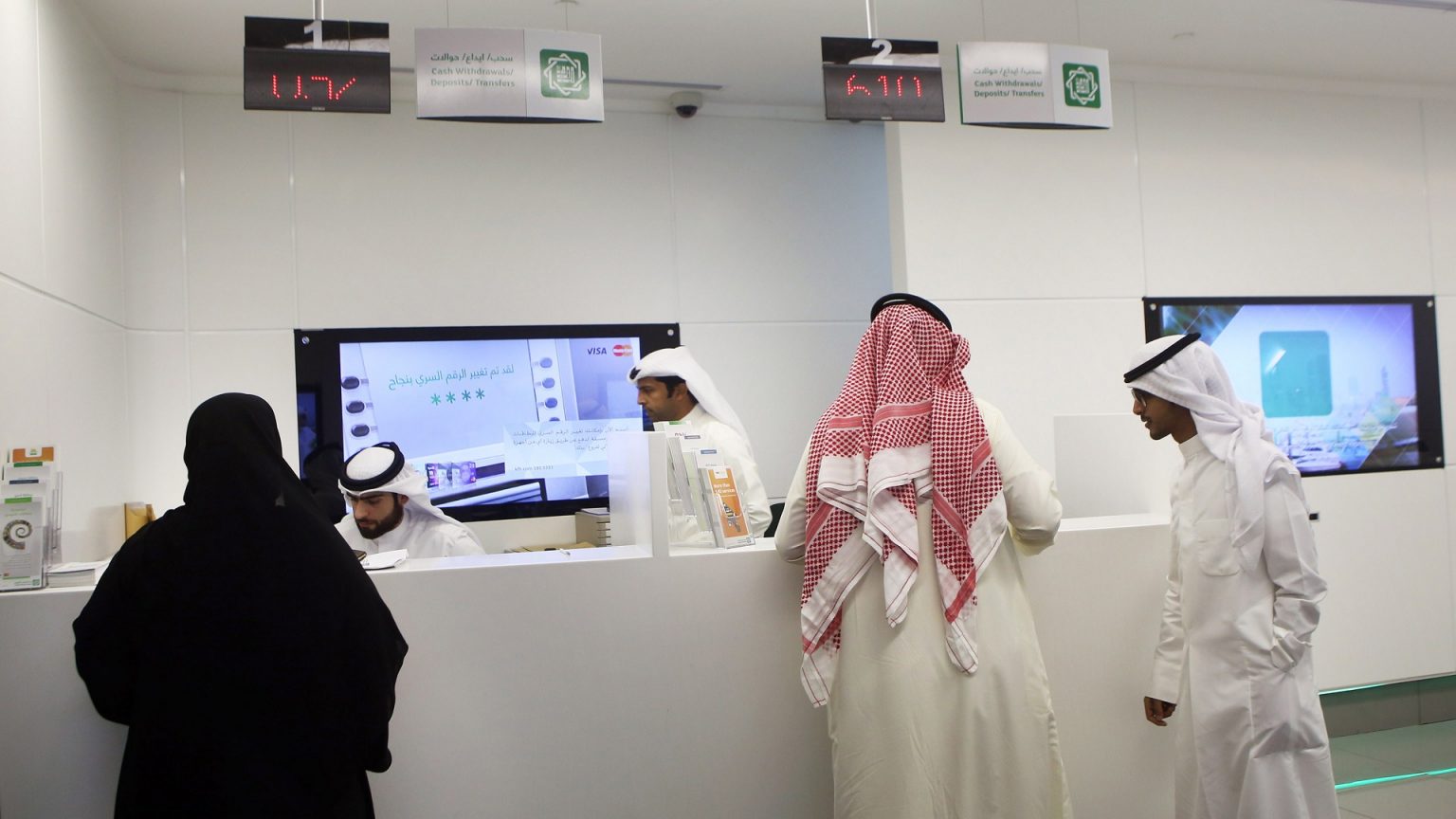Kuwait, (Business News Report)|| S&P Global Ratings has warned of the exposure of banks in Kuwait to real estate and construction works this year.
The S&P Global report said that despite the increase in profitable interest rates for banks in Kuwait during the current year, “structurally high exposure to real estate and construction (almost 30% of banks’ lending) continues to be a key risk.”
The report added that part of the exposure of banks to real estate is for companies with diversified sources of income. The agency expects a slight decrease in non-performing loans over the next 12-24 months, and the stability of the cost of risk at about 100 basis points.
Commercial real estate (mainly offices and malls) is under pressure due to weak office demand and the shift to online retail in the wake of the pandemic with oversupply, and this sector may become the most likely source of non-performing loans for banks.
The sector’s non-performing loans ratio rose to 2.7% in September 2020, and then decreased to 2% at the end of 2021.
On the other hand, residential real estate (citizens’ housing) is still strong in light of the high numbers available and prices, and does not constitute a source of risks for banks, because loans are granted against citizens’ salaries.
The investment sector (mainly rental apartments for expatriates) is slowly recovering from the correction witnessed last year as a result of the departure of numbers of expatriates in light of the repercussions of the pandemic, and the agency expects the sector to continue to recover over the next 12-24 months, driven by improved economic expectations and, to some extent, a return arrivals.
Expectations indicate an increase in demand for apartments from Kuwaiti citizens in the event the mortgage law is adopted, due to the continued rise in villa prices.
S&P Global said that it has a negative outlook for two banks in Kuwait, and this mainly reflects its negative outlook on the sovereign credit rating. This is related to the government’s willingness and ability to provide financial support.
“Nevertheless, despite the prolonged stand-off between the executive and legislative branches and the reported late payments to suppliers, we still assume the government will overcome institutional constraints and have a mechanism to access the FGF if other options are not available,” the agency said.
Despite the strengthening of public financial conditions and the balance of payments as a result of the rise in oil prices in Kuwait during the period 2022-2023; The government’s medium-term financing strategy remains uncertain.
Sector deposit rules remain somewhat focused on individual names, but we understand that most large depositors are either large Kuwaiti groups, or government-linked entities, which indicates some stability.























































